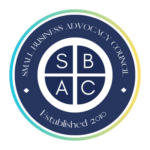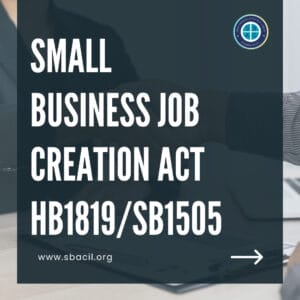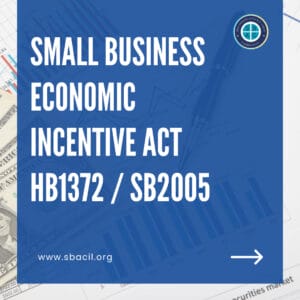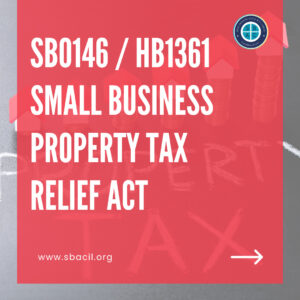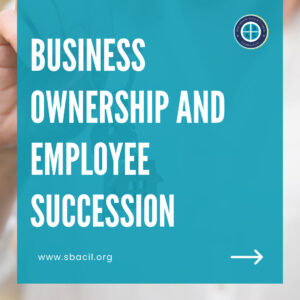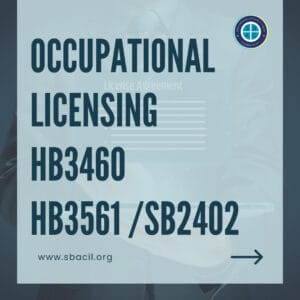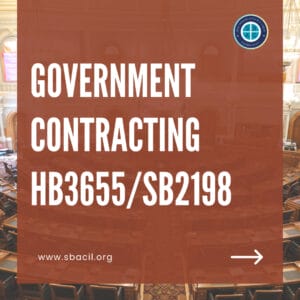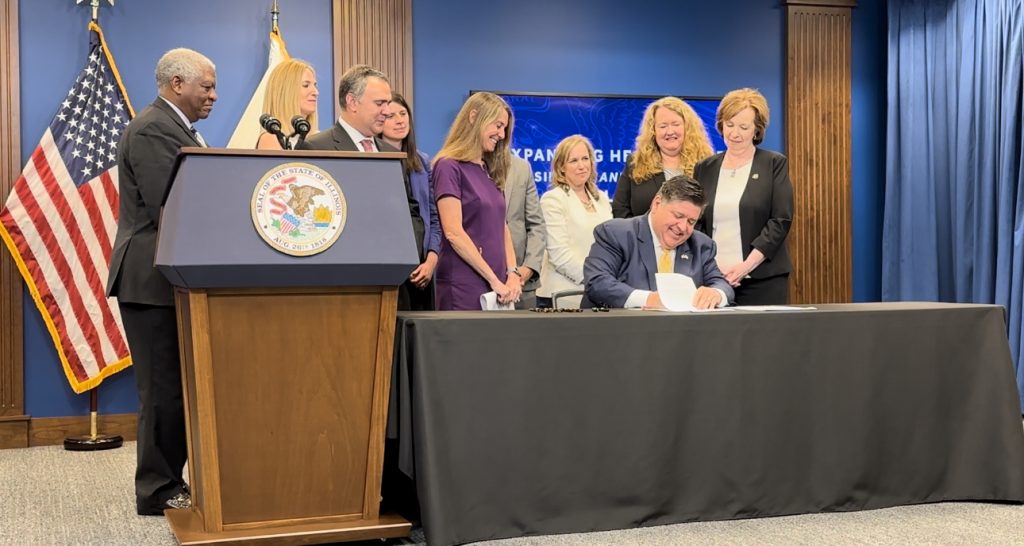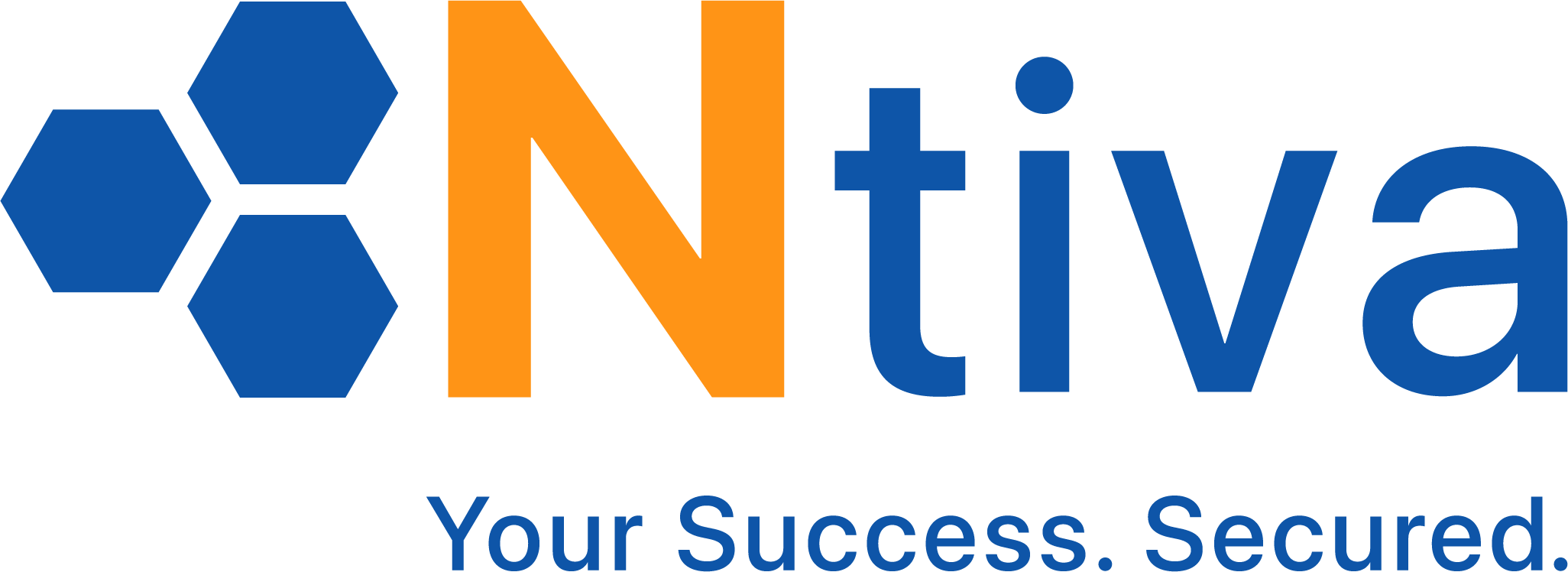
SBAC POLICY AGENDA 2025
Current Initiatives:
The reinstatement of a popular $2,500 tax credits for small businesses (50 or less employees) that hire net new employees. These tax credits will create jobs, foster economic development, and provide incentives to businesses otherwise unable to access economic incentives.
Sometimes, people who have lost their jobs are ready to become small business owners rather than trying to find another position at a new employer. Other states permit newly unemployed individuals to focus on starting a business while still receiving unemployment benefits. Illinois should join New York, Oregon, and other states in fostering economic growth by supporting these entrepreneurs.
This legislation paves the way for small businesses to have greater access to state tax incentives by allocating at least 50% of them to businesses with 50 or fewer employees. Let’s provide opportunities to all Illinois businesses!
The SBAC is championing a tax credit for small businesses that own the commercial space they operate from, to offset the costs of high property taxes. This legislation provides a tax credit that is equal to 10% of an eligible small business’ annual property taxes, with a $1,500 cap.
Business owners may want to encourage employee engagement or transition their companies to employees. Illinois established the Center for Business Ownership Succession and Employee Ownership to educate business owners on this business model. However, it still needs funding. The SBAC will push to establish and activate this center so businesses can remain open and support communities even through an ownership transition.
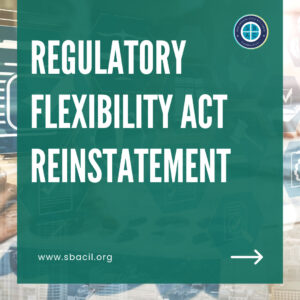
The SBAC is working to fully implement this Act, ensuring that state agencies analyze and consider the impact new rules have on small businesses. This will also provide business owners and advocates a greater chance to be heard. Preventing the imposition of burdensome red tape will help small businesses thrive and create a stronger Illinois economy.
The SBAC is committed to championing new measures to eliminate unnecessary occupational licensing barriers. Our efforts will focus on providing legislators with timely and important information before licenses are enacted and refining rules to ensure that licensing is done effectively and equitably.
Securing a state contract can be a game changer for a small business. However, the State does not meet its goals when it comes to awarding contracts to small businesses and does not provide enough opportunities to entrepreneurs in disinvested communities. The SBAC is working to bring transparency to the process through a standardized scorecard and Request for Proposals process.
Small businesses struggle to afford quality health insurance. Indeed, the high cost drains their cash reserves and makes it difficult for them to recruit and retain employees. The rising cost of health insurance is unsustainable, and establishing a PDAB is one way to reduce premiums for small employers.
Chicago Small Business Package
The small business community and advocates for neighborhood revitalization are calling on policymakers to cut red tape, streamline processes, and reduce the costs of launching and expanding Chicago businesses. The following reforms will support small businesses, foster economic growth in neighborhoods, and improve the Chicago economy.
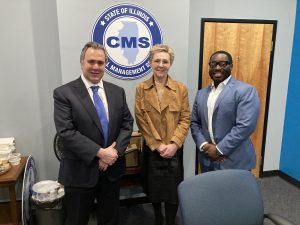
Elliot/Bempah

Signing - pens
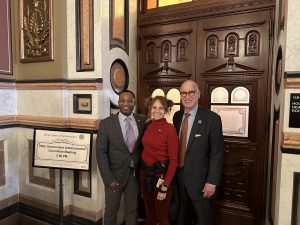
Patti/Omari/Scott
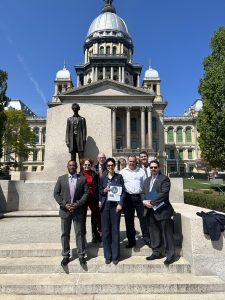
Lobby Day 2023
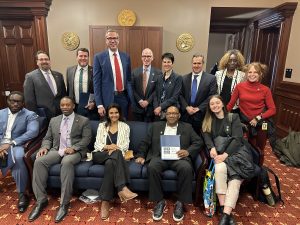
Frerichs
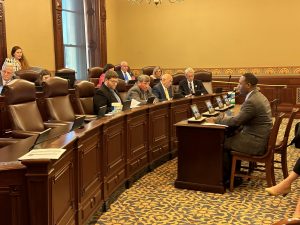
Testifying

Pritzker signing
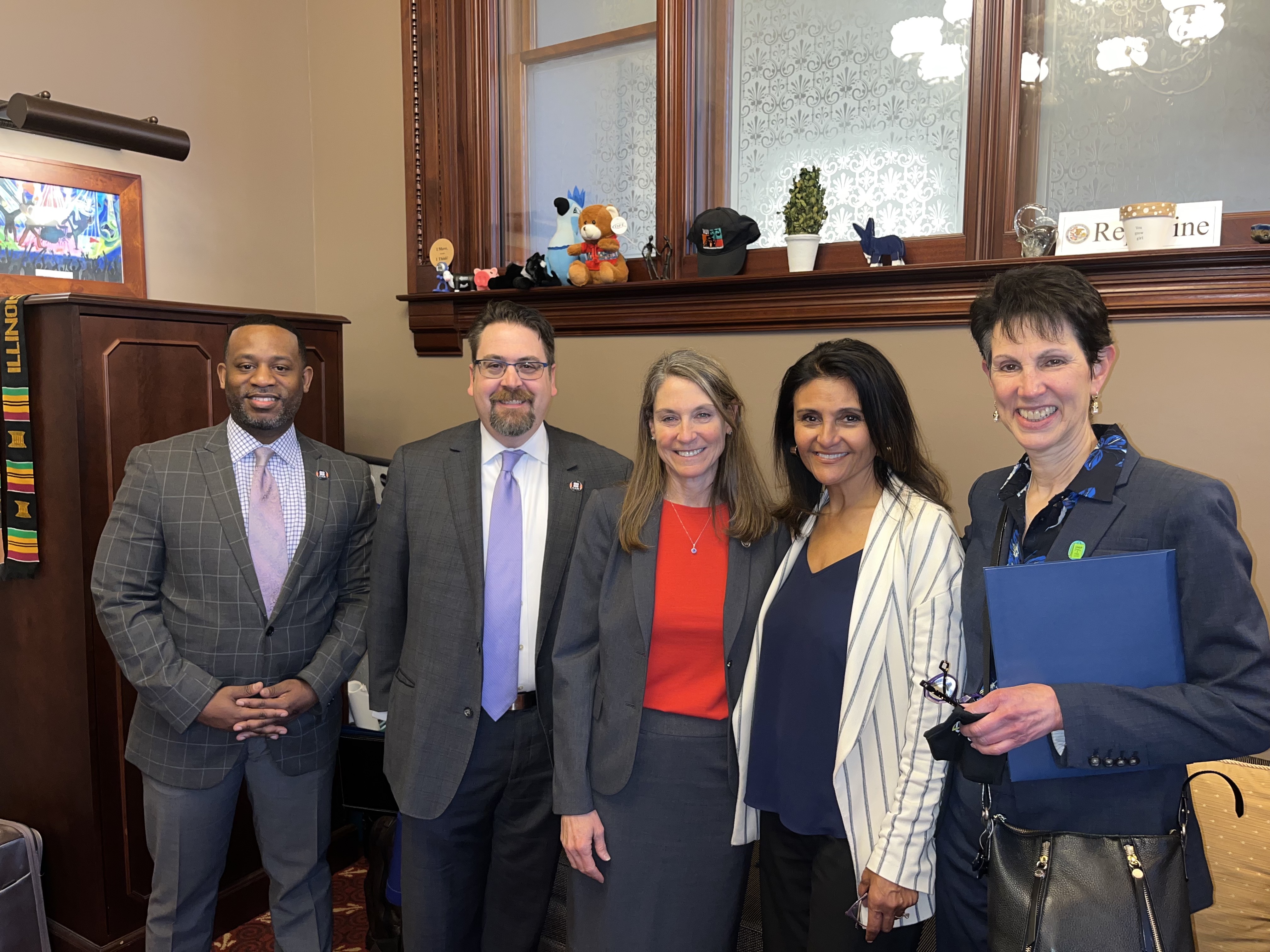
Lobby Day - Members
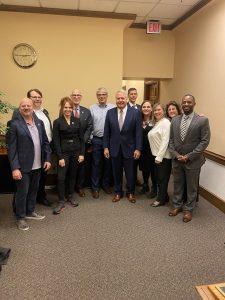
Lobby Day 2022
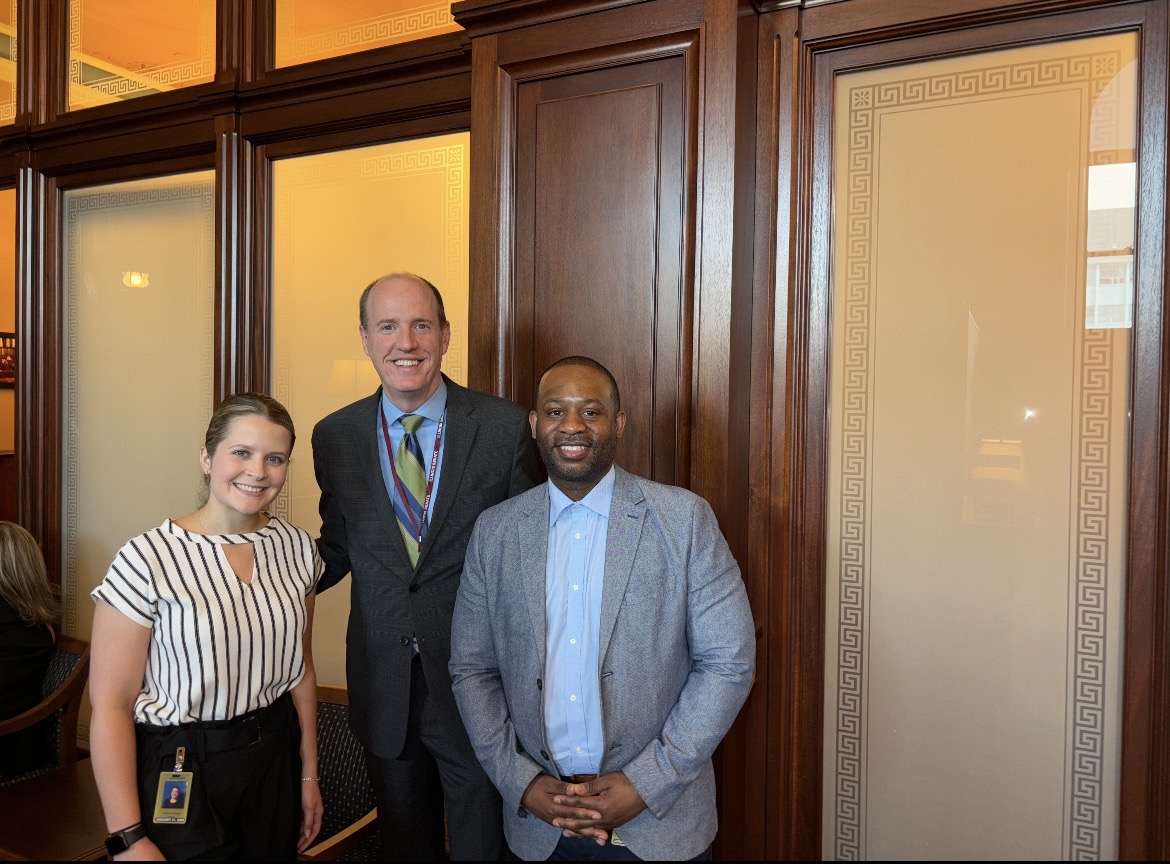
Natalia & Omari

Natalia - NRC
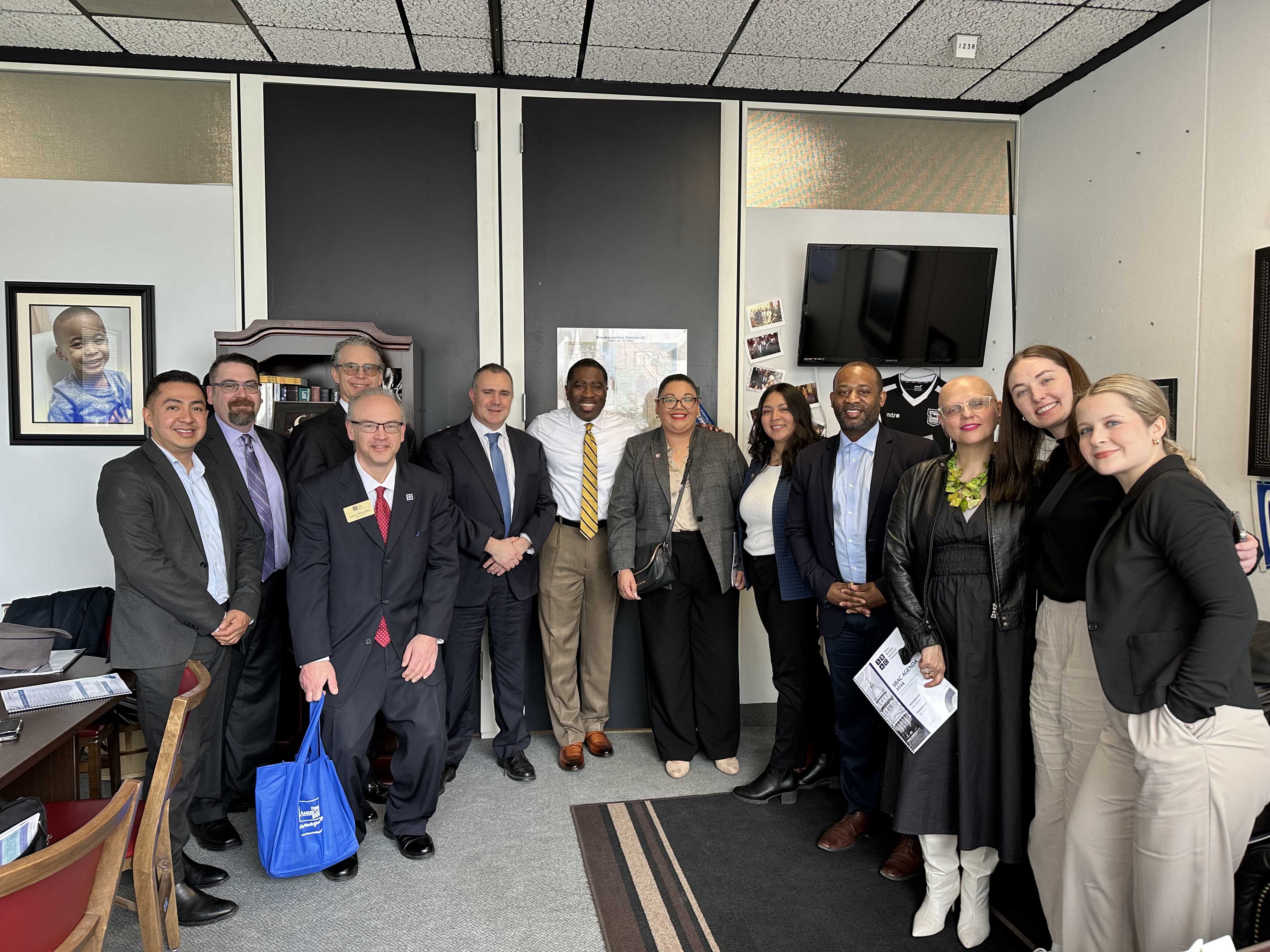
Slaughter
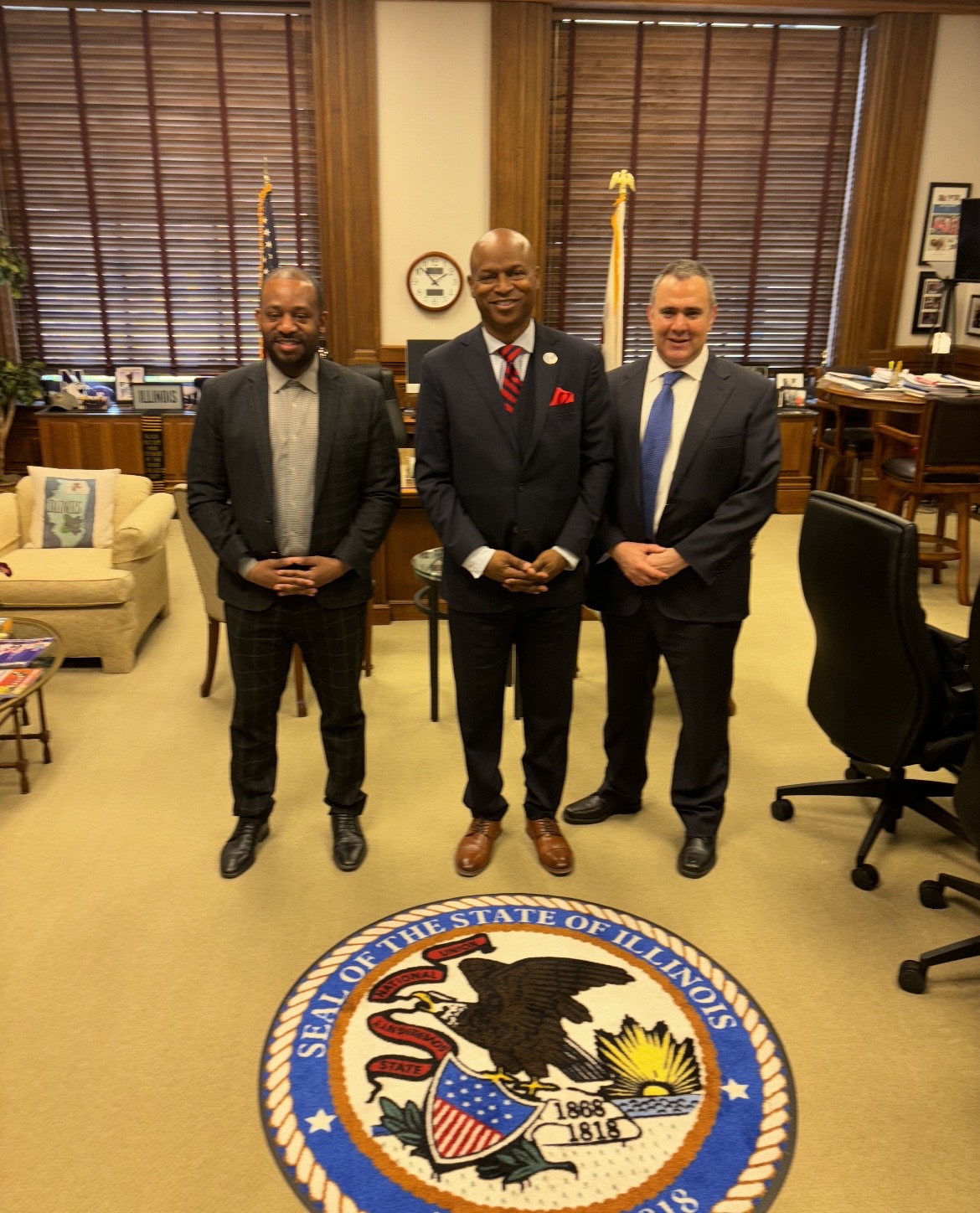
Speaker Welch
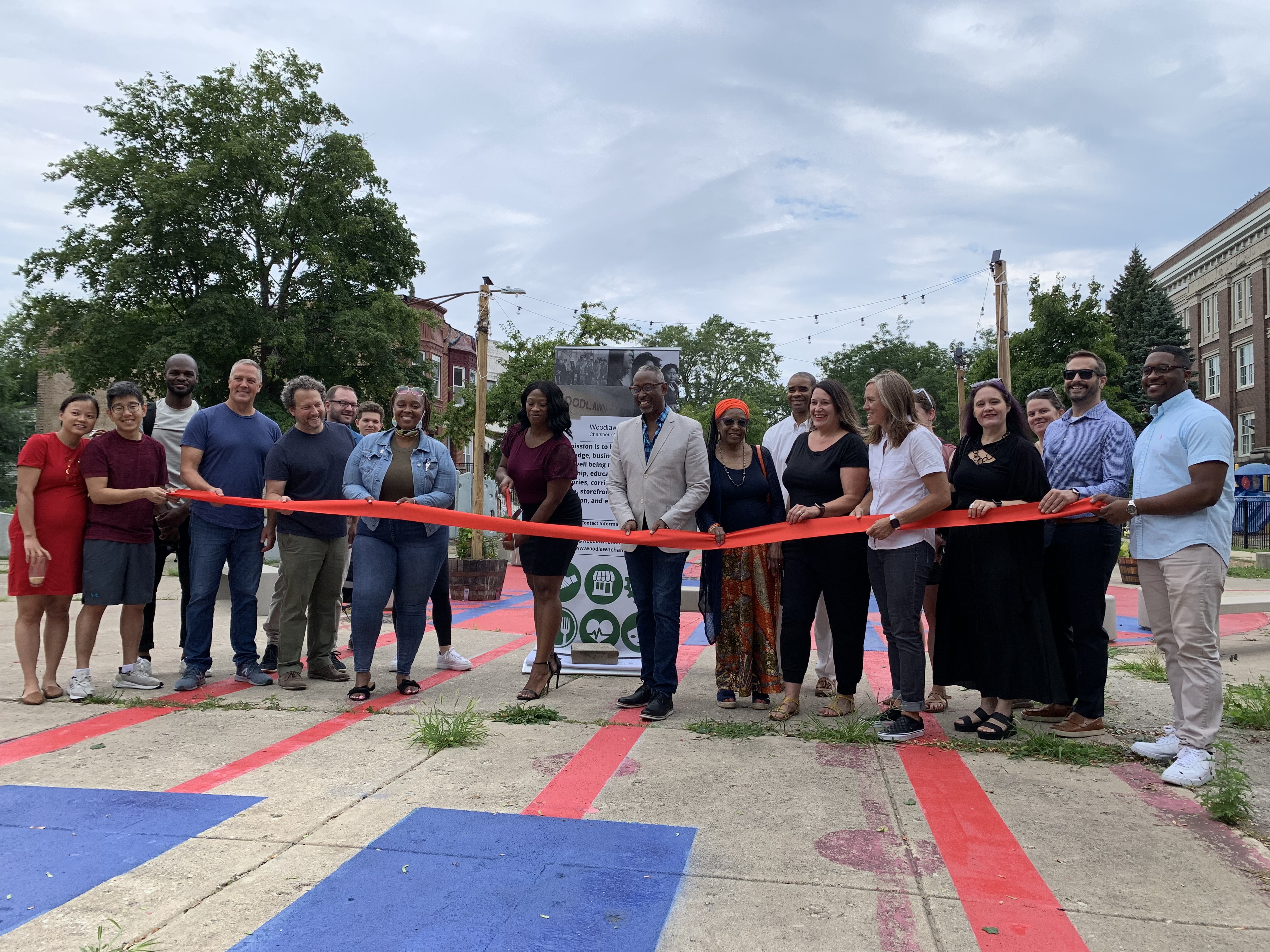
NRC cut red tape
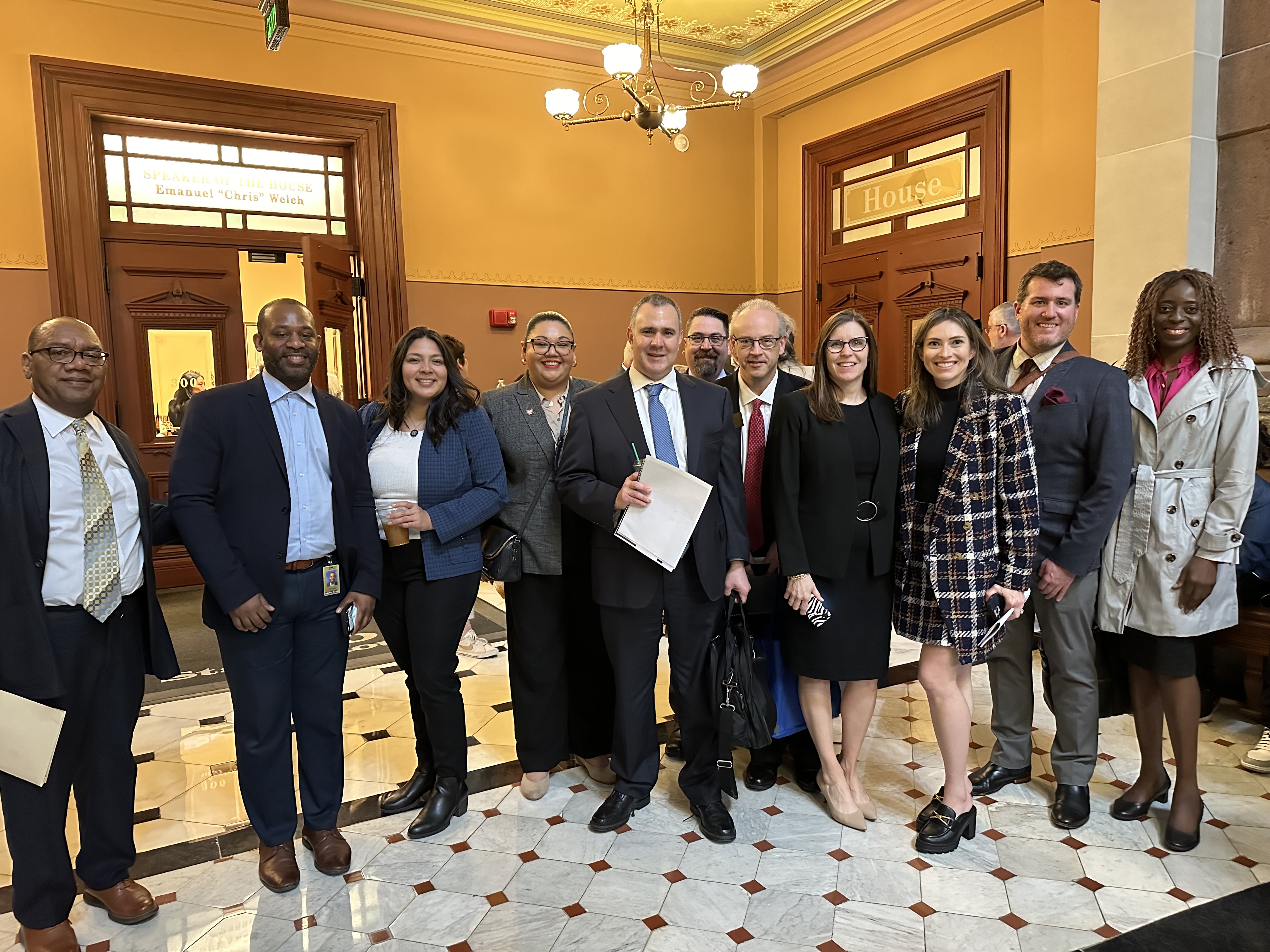
springfield 2024

springfield 2024 1
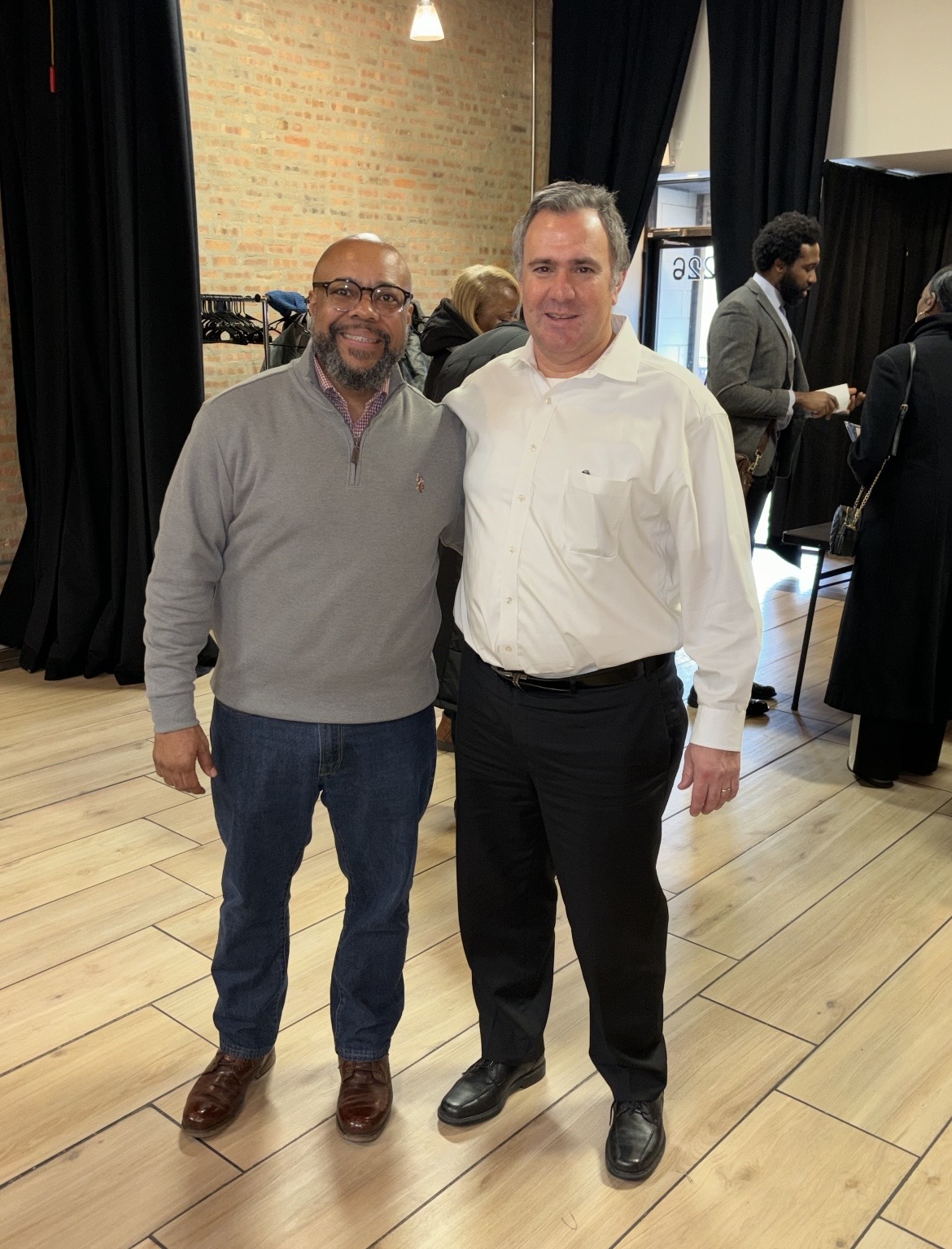
alder and elliot
The SBAC has a successful track record of member-driven, nonpartisan advocacy. Our advocacy efforts have positively impacted all small businesses. Check out our past wins and see how we've assisted you and the small business community in Illinois.
SBAC POLICY SUGGESTIONS
The SBAC prides itself on being a member-driven, nonpartisan organization. In fact, most of our policy ideas originate from concerned IL business owners and engaged SBAC members. Submit your policy proposal below to have your voice heard!
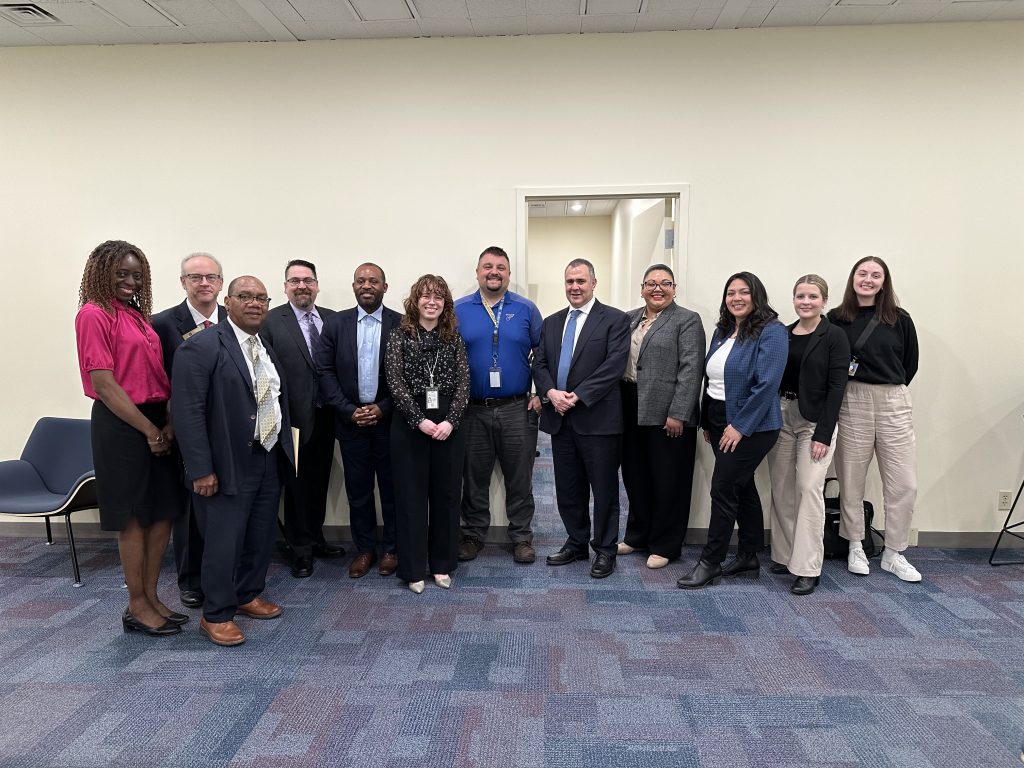
Please translate this page to the language of your choice.
Join The SBAC Today
Joining the SBAC will give you the opportunity to immediately get engaged in our organization through the following offerings:
- Advocacy efforts
- Policy committees and subcommittees
- Informational webinars and town halls
- Networking events
- And many more!
Do not miss out on your opportunity to work towards improving the small business environment in your community! We look forward to working with you!
